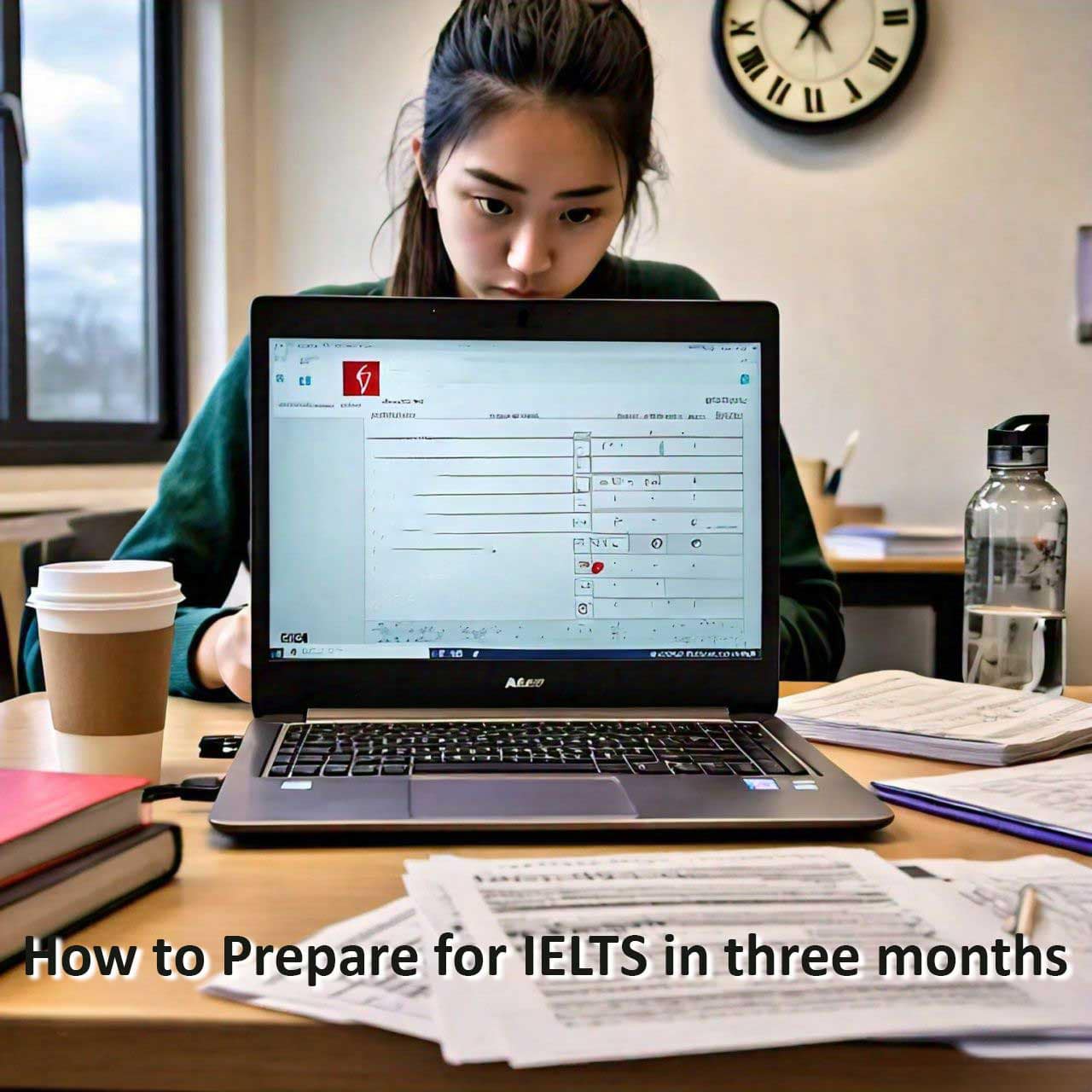Are you gearing up to take the International English Language Testing System (IELTS) exam? If so, incorporating practice tests into your preparation regimen can be a game-changer. Practice tests not only familiarize you with the exam format but also help sharpen your skills, build confidence, and identify areas for improvement. In this blog post, we’ll explore how to use practice tests effectively for IELTS preparation and maximize your chances of success on exam day.
Table of Contents
Why Practice Tests Matter:
1. Familiarization with Exam Format: Practice tests simulate the actual IELTS exam experience, allowing you to become familiar with the format, structure, and timing of each section. This familiarity can help reduce test anxiety and boost your confidence on exam day.
2. Skill Enhancement: Practice tests provide an opportunity to hone your listening, reading, writing, and speaking skills in a controlled environment. By tackling authentic test questions, you can improve your comprehension, vocabulary, grammar, and fluency over time.
3. Diagnostic Tool: Practice tests serve as a diagnostic tool to assess your current proficiency level and identify areas where you may need additional practice or support. Analyzing your performance can help you prioritize your study efforts and focus on areas of weakness.
4. Test-Taking Strategies: Practice tests allow you to develop and refine effective test-taking strategies for each section of the exam. From time management techniques to strategies for tackling different question types, practicing with simulated tests helps you optimize your approach and maximize your score potential.
Tips for Using Practice Tests Effectively:
1. Start Early: Begin incorporating practice tests into your study routine early in your preparation process. This allows ample time to familiarize yourself with the exam format, identify areas for improvement, and track your progress over time.
2. Simulate Test Conditions: Mimic real test conditions as closely as possible when taking practice tests. Find a quiet environment, adhere to time limits, and avoid distractions to create a test-like atmosphere that mirrors the actual exam conditions.
3. Review and Analyze: After completing each practice test, thoroughly review your answers and analyze your performance. Identify any patterns of errors or recurring mistakes and use this feedback to guide your study plan.
4. Focus on Weaknesses: Target your study efforts on areas where you struggled during practice tests. Whether it’s improving your listening comprehension, expanding your vocabulary, or refining your writing skills, dedicate extra time and resources to areas that need improvement.
5. Track Your Progress: Keep track of your scores and progress over time to monitor your improvement and measure your readiness for the actual exam. Set specific goals and benchmarks to strive for as you work towards achieving your target score.
6. Seek Feedback: Consider seeking feedback from teachers, tutors, or study partners to gain valuable insights into your performance and receive personalized guidance for improvement.
7. Repeat Regularly: Incorporate regular practice tests into your study routine to reinforce your skills, build confidence, and maintain momentum leading up to the exam.
Conclusion:
Practice tests are an invaluable tool for IELTS preparation, offering a structured and effective way to enhance your skills, build confidence, and optimize your performance on exam day. By integrating practice tests into your study plan and following these tips for effective use, you can navigate the IELTS journey with greater ease and increase your likelihood of achieving your desired score. So, embrace the power of practice tests, stay committed to your preparation, and watch your confidence and proficiency soar as you master the IELTS exam.



